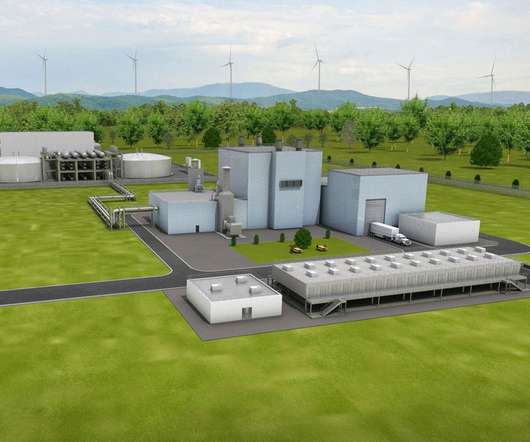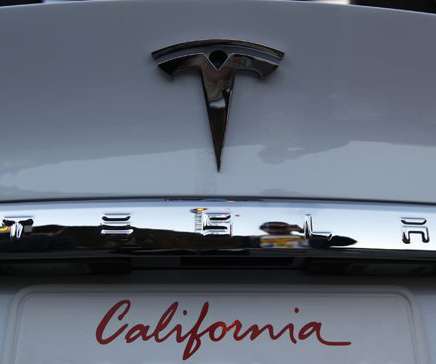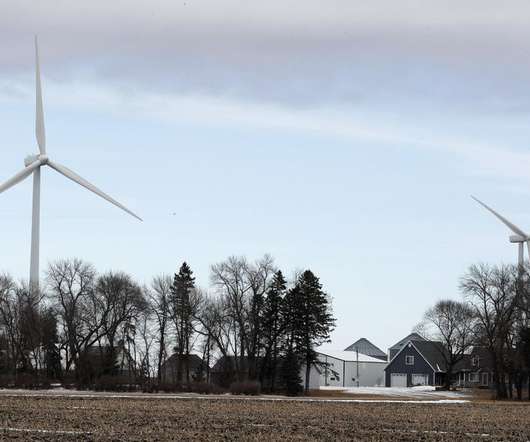Study finds air pollution caused by corn production increases mortality rate in US
Green Car Congress
APRIL 2, 2019
The paper, published in Nature Sustainability , presents how researchers have estimated for the first time the health damages caused by corn production using detailed information on pollution emissions, pollution transport by wind, and human exposure to increased air pollution levels. a, Absolute mortality. per bushel (56.5



















Let's personalize your content